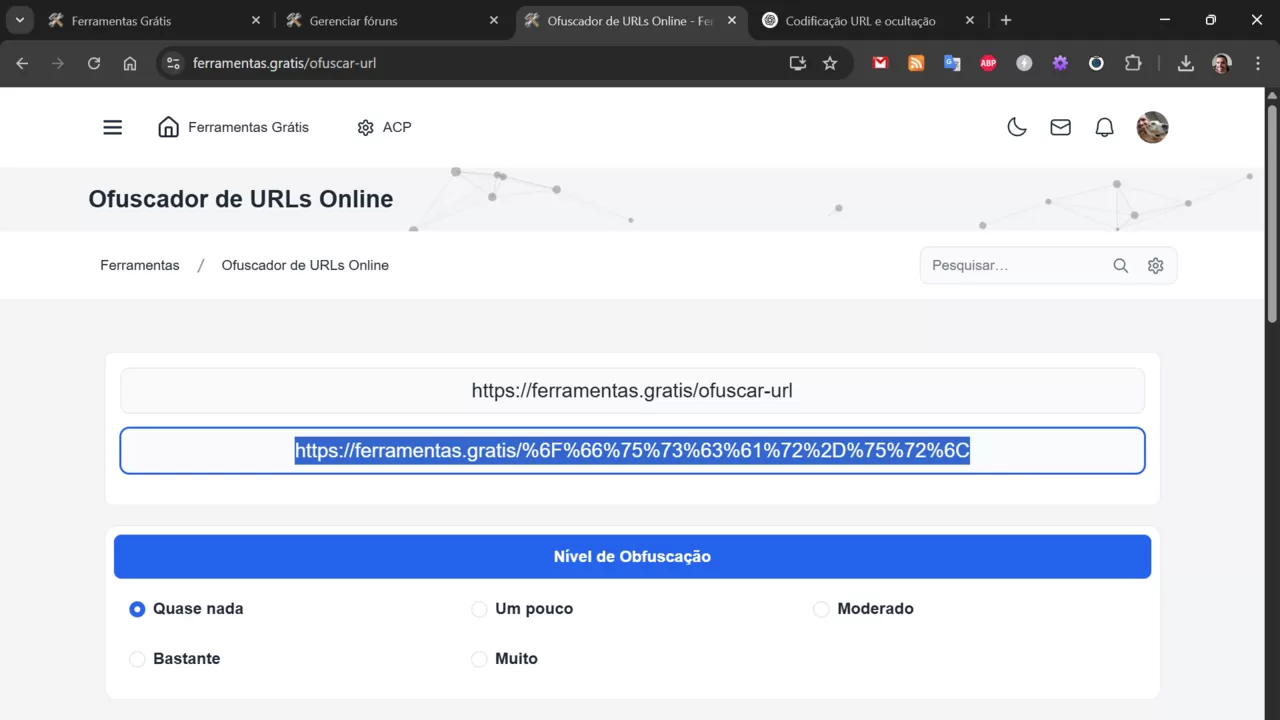Online URL obfuscator #
What is a URL obfuscator? #
A URL obfuscator is a tool that transforms ordinary URLs into “masked” or encoded versions, making them difficult to read or understand. The encoding of each letter or character in a URL can be done using the percent-encoded encoding technique, where each letter or symbol is represented by its corresponding code in the ASCII table.
What is the purpose of using URL encoding (percent-encoding)? #
The purpose of URL encoding is to hide the plain text or data in a URL, making it difficult to read or understand the URL immediately. This can be useful for protecting sensitive information or hiding details about the structure of the website, preventing users or systems from easily identifying the parameters of a page.
Is URL encoding necessary in all cases? #
No, URL encoding is not required in all cases. Character encoding should be applied only when the URL contains special or disallowed characters, such as spaces or symbols that can interfere with the interpretation of the URL. However, the practice of encoding each letter or character, even when it is not necessary, can be used as a form of obfuscation, but it may not have a practical use.
What are the disadvantages of using a URL obfuscator? #
One drawback is that non-compliant web servers may not be able to properly process these obfuscated URLs. This can result in errors or page load failures, as excessive coding can be difficult to interpret for some systems. Additionally, obfuscation can make it more difficult for developers or system administrators to diagnose issues or optimize the website.
When can URL obfuscation be useful? #
URL obfuscation can be useful when there is a need to hide sensitive details or prevent exploitation of known paths on the server. For example, it can be used to secure API endpoints, make it harder for malicious users to identify URL patterns, or make it harder to crawl certain pages on a website. However, it should not be considered a robust security measure in its own right.
Leave a Comment #
